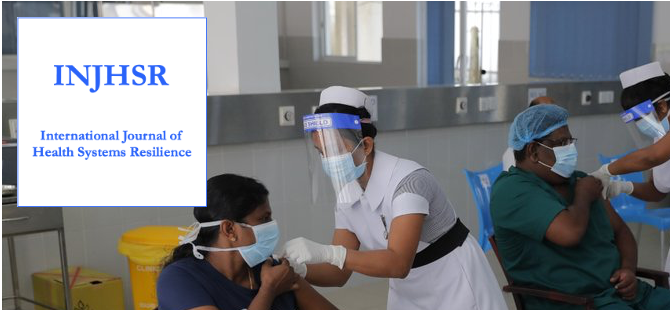
Indika Karunathilake https://orcid.org/0000-0001-9772-116X, Mayuri Amarasiri, Anver Hamdani
This paper will discuss the application of statistical modeling to interpret a health system crisis in Sri Lanka caused by Covid-19. A strong focus on the preventive approach and contact tracing, with the utilization of available resources in a rational manner, describes Sri Lanka’s response to the prevention and mitigation of Covid-19. The early contact tracing, pre-emptive quarantining, isolation, and treatment were implemented as a concerted effort. This approach, proven efficient during the early phase of the pandemic, was sustainable until the rapid increase in Covid-19 patients in July 2021, exceeding the health system’s capacity. The country’s Covid-19 situation during the period from 01st of August 2021 to 31st of October 2021 was taken into consideration. Variables used for analysis were: the total number of cases, recovered cases, comorbid and O2 dependent patients, ICU patients, and deaths. The regression model was applied to analyze the data using the EViews 12 (x64) software application. The correlation coefficients of all the independent variables under consideration imply that they have a strong positive relationship with the number of deaths that occurred during the said period.
KEYWORDS: Covid-19, Health system, Multiple Linear Regression
